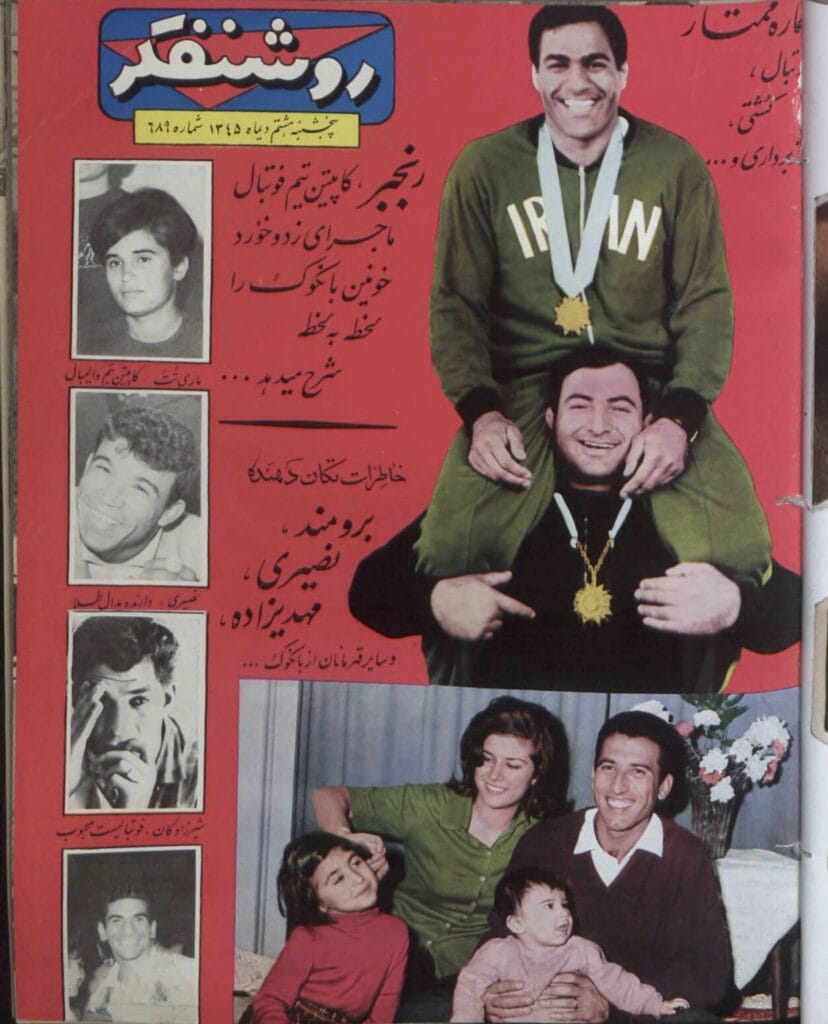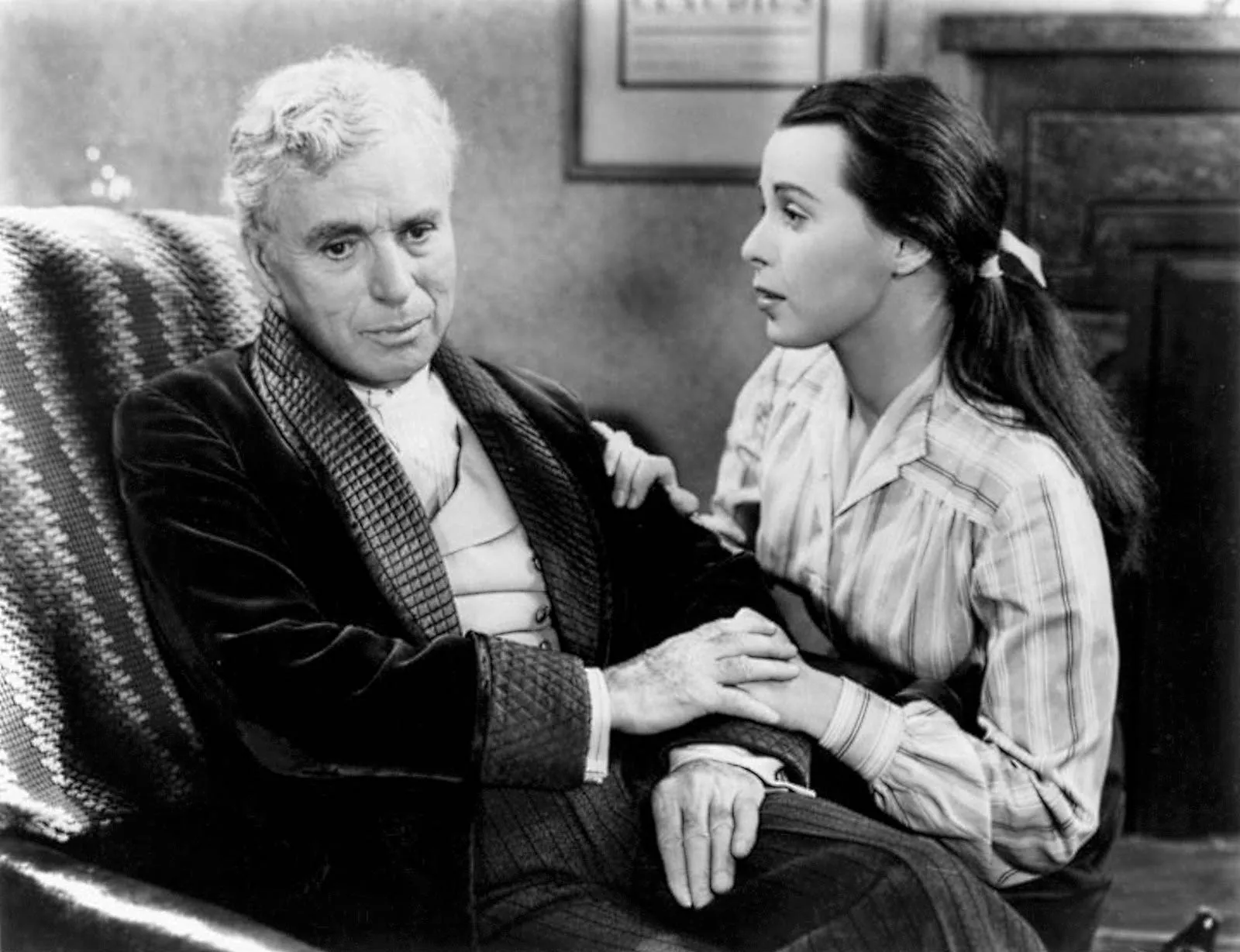A popular quote on the RuNet is from a letter that the actor allegedly sent to his daughter Geraldine. We have verified the accuracy of such publications.
The phrase attributed to Chaplin is given in two versions: a shorter version: “I was never an angel, but I always tried to be a man” and a longer one, ending with the call “Try it too.” She meets in Facebook, "VKontakte"and on websites With quotes famous people. Sometimes it is specified that this phrase is taken from letters, which the actor wrote to his daughter Geraldine: “Charlie Chaplin, father of 12 children, in 1965, being a wise old man of 76 years old, wrote a letter to his 21-year-old daughter Geraldine, who was looking for herself in dance on the Parisian stage,” - it says in posts like this. Some, for example the historical magazine "Diletant", even publish this is a touching and inspiring letter in its entirety.
Charles Spencer Chaplin was born in 1889, was married four times and became a father 11 children. Geraldine was born in 1944, and as a child she actually did ballet, but by 1965, when the letter was allegedly written, she had already switched to an acting career: in November 1964, she approved for the role of Tony Gromeko in the film "Doctor Zhivago" Most of the film was shot in Madrid, and after filming Geraldine spent a long time stayed live in this city. Verified could not find any reliable sources that at that time she was trying to build a career as a dancer in Paris.
The alleged letter Chaplin sent to his daughter widespread and in English-speaking segment of the Internet, where it appeared no later than the 2010s. In particular, in 2013 in article Maryam Mohammadi Dehcheshme, a researcher from the University of Ottawa, spoke about it for the Canadian scientific journal TranscUlturAl. She writes that in Iran the so-called Chaplin letter has been popular for several decades. In 2012, after quotes from the letter were shown at the exhibition "Modesty and hijab» in Tehran's Grand Prayer Complex as a "document condemning obscenity", Serat news agency interviewed from the real author of this letter, journalist Farajollah Saba. According to Saba, he wrote this text for a magazine Rošanfekr, which was published in Iran in the 1950s–1970s.

This publication had a “Fantasy” section, in which fictitious letters were published. One day, Saba, who, according to him, was the editor at the time, decided to write the text for this column himself because he was dissatisfied with the previous issues. He chose the topic by chance, having seen a photograph of Charlie Chaplin with his daughter in another magazine. However, due to an error during press preparation, this column was published without a column title, and readers perceived the letter as real. “It was recited at various events, often read on radio and television, and sold at the University of Tehran,” Saba recalls. “Nobody paid attention to my assurances that it was not Chaplin.”
After the victory of the Islamic Revolution, some Iranians emigrated to Turkey (since then the Iranian community in this country only increased), and as a result, the text, popular among them, spread in translation into Turkish. Then, probably with the help of the Turkish diaspora in Germany, it became known in German, later spread in English, and at some point was translated into Russian. According to Saba, these translations (especially English) gave the text additional legitimacy. “At some events where I attended, this letter was read out, and when I said that it was a figment of my imagination, they did not believe me and answered: “What are you talking about? We saw its English version!”, he recalled in an interview. In a text about Farajollah Saba on the website of the Iranian Student News Agency notedthat when Michael Chaplin, the actor's son, came to the Tehran Film Festival in 2001, journalists asked him about this letter. He replied that his father was too busy to write letters to his children, but even this statement did not hinder the popularity of the text.
Thus, the text attributed to Charlie Chaplin was actually written by the Iranian journalist Farajollah Saba for a column with fictitious letters in one of the local periodicals.
Cover photo: Charlie Chaplin in the movie Footlights (screenshot from britannica.com)
Read on topic:
- Is it true that Charlie Chaplin gave the “When I Loved Myself” speech on his 70th birthday?
- Is it true that Charlie Chaplin took third place in a look-alike competition?
- Did Paulo Coelho say: “Money doesn’t bring happiness, but it can buy a yacht with whores”?
- Did Jim Carrey say, "You'll be surprised how easy it is to get out of bed in the morning when you're happy"?
If you find a spelling or grammatical error, please let us know by highlighting the error text and clicking Ctrl+Enter.






